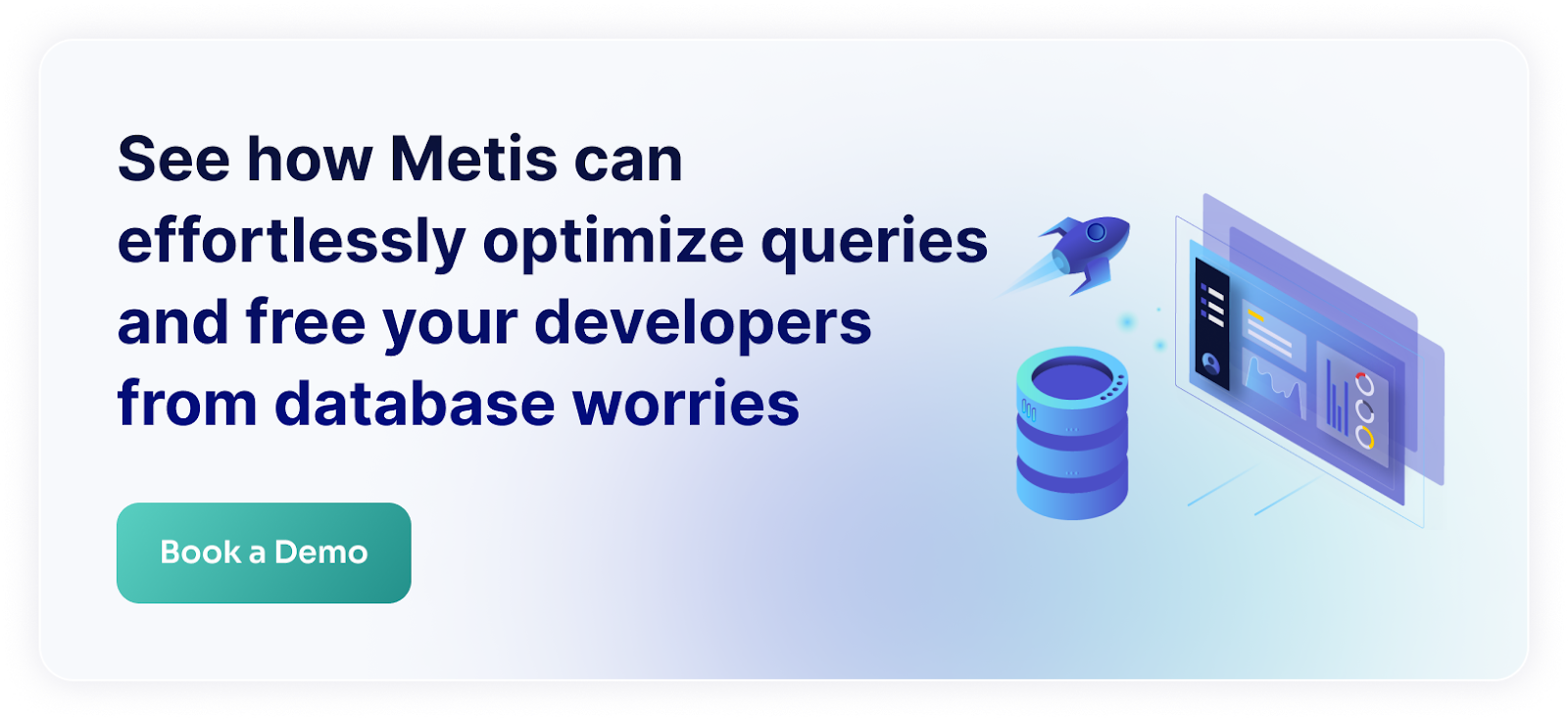Project managers may struggle with many things around database reliability. They would like the things to be developed fast and avoid rollbacks. They want their developers to work faster and own their databases. All these things are easy to achieve when we have proper database observability in place. Let’s see how.
Move Fast With Shift-Left
Teams aim for continuous database reliability, striving to ensure their designs perform well in production, scale appropriately, and that code changes are safely deployable. To achieve high quality, they implement various measures such as comprehensive tests, code reviews, automated CI/CD pipelines, and component monitoring.

However, these efforts often fall short. Database-related issues frequently escape detection in tests. This is partly because tests tend to focus on the correctness of data operations, neglecting performance aspects. Consequently, while a solution might handle data correctly, it may do so too slowly to meet production requirements, leading to failures and diminished customer satisfaction.
Load testing also presents challenges. These tests are difficult to write and maintain, costly to execute, and typically occur too late in the pipeline. By the time load tests identify issues, the code has already been reviewed and merged, forcing developers to revisit their designs to address the problems.
There is a simple solution to all these problems. It’s the observability plugged in early in the pipeline. We need to shift all the checks to the left to fix them as early as possible. All of that can be done with Metis. When you plug in Metis, you can avoid rollbacks, data loss, risky deployments, or issues in production. You can also let your developers work faster!
Metis seamlessly integrates with your developers' workflow and CI/CD pipelines, automatically verifying queries, schema migrations, and database interactions. This ensures that all queries are evaluated for scalability in production. Developers can benefit from these automated checks without needing to commit to the repository.

Metis captures all the queries, analyzes their performance, checks the execution plans, and verifies if the things are safe to be deployed to production. This way, Metis prevents data loss and rollbacks and protects your database from going down.
What’s more, Metis integrates with CI/CD pipelines. This way, your developers can move faster because all the checks are automated and hassle-free. It’s like a database review for everything touching your production data.
Unleash the Power of Your Teams
Developers may find it hard to keep the database reliable when they don’t own it end-to-end. It’s even harder when there are multiple teams in place, DBAs protecting their bastions, and ticketing issues in between. This can be fixed, though.
Developers can move much faster when they are true owners. They can shine when they can take ownership of development, deployment, monitoring, and troubleshooting. However, they need tools that can help them. They need observability tools that provide solutions and automate troubleshooting instead of monitoring tools that focus on raw data with no understanding.
Metis takes a different approach. Instead of swamping developers with data points, Metis analyzes your whole SDLC and gives you answers with automated solutions. Metis can fix your queries and suggest how to make them faster:

In the same way, Metis suggests schema improvements and indexes:

What’s more, Metis detects anomalies and automatically alerts developers when things can’t be fixed automatically and need some business decisions:

Stop Making Database Your Hot Potato
Metis enhances your team's database reliability, ensuring that developers' changes are safe for production deployments, anomalies are detected, and configurations are optimized for peak performance. With Metis, project management becomes more efficient as developers avoid time-consuming communications with other teams. This allows you to concentrate on your core business, increase your productivity, and scale your organization effectively.







